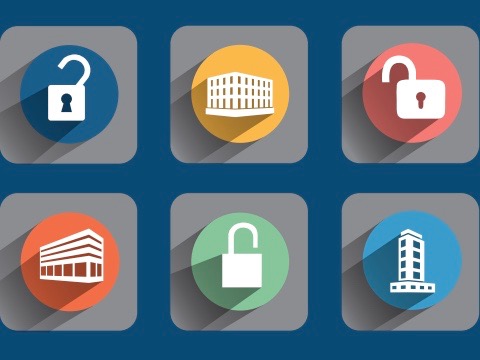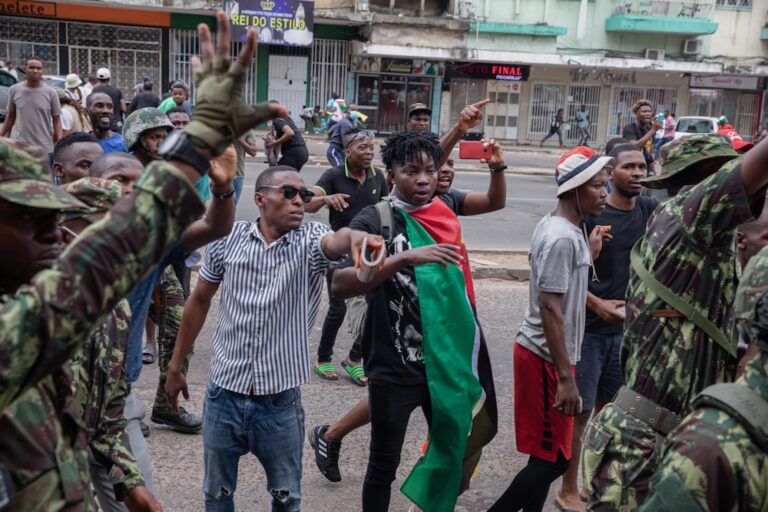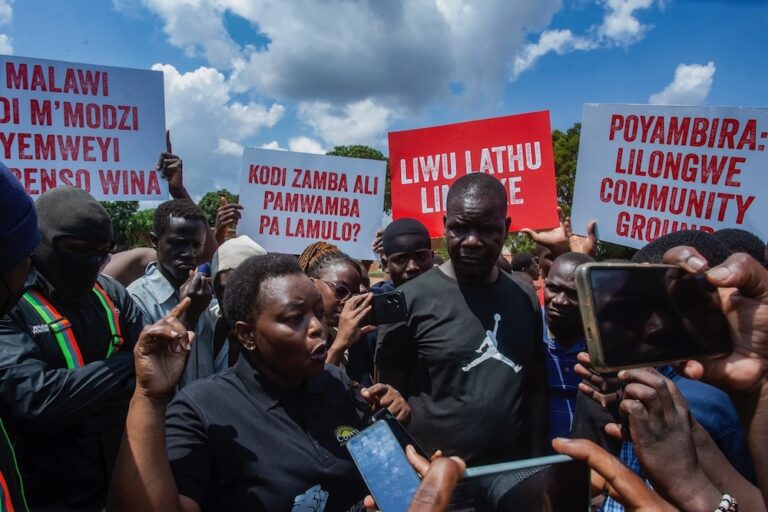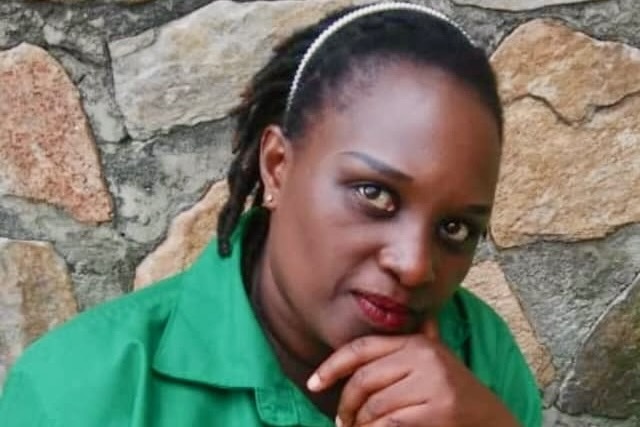In commemoration of the first International Day of Universal Access to Information, MISA has launched its Transparency Assessment, which seeks to establish the ease or difficulty with which citizens in southern Africa can access public information.
This statement was originally published on misa.org on 28 September 2016.
On 28 September, in commemoration of the first International Day of Universal Access to Information (IDUAI) since UNESCO’s official declaration of the day, the Media Institute of Southern Africa (MISA) will launch its annual Transparency Assessment.
The publication seeks to establish the ease or difficulty with which citizens in southern Africa can access public information by evaluating public institutions’ websites as well as their willingness to disclose information upon request.
“For a society to flourish, allowing a nation to achieve sustainable development and reach its social and economic potential, the state and its citizens need to work together. Government needs to enter into communication with its people about challenges, obstacles and solutions. Access to public information and proactive disclosure of government-held information enable and strengthen such communication.” says Luckson Chipare, Chairperson of the MISA Trust Funds Board.
“A citizenry with access to knowledge and information, and an open, transparent government, in cooperation, can achieve sustainable growth and well-being”, he concludes.
Since the inception of the Transparency Assessment seven years ago, the use of information and communication technologies (ICTs) by state bodies to make public information accessible has gradually increased. Not only do the majority of institutions surveyed have working websites, but the quality of the content provided on those sites is also improving.
The receipt of information upon public request however, remains challenging throughout the region, obstructing the free flow of relevant public information about public services as well as government activities and decisions, which the public is entitled to.
In 2016, national MISA Chapters in Malawi, Mozambique, Namibia, Swaziland, Tanzania, Zambia and Zimbabwe have carried out research to determine the most open and the most secretive public institution in their respective countries. Each Chapter awards the most open public body with a Golden Key Award in acknowledgment of the institution’s efforts to disclose information. The most secretive public body receives a Golden Padlock Award for not making information easily accessible to the public.
In recognition of the potential a truly open society has for the development of a country and its people, MISA will continue to advocate for increased government transparency and the adoption of national access to information legislation.



